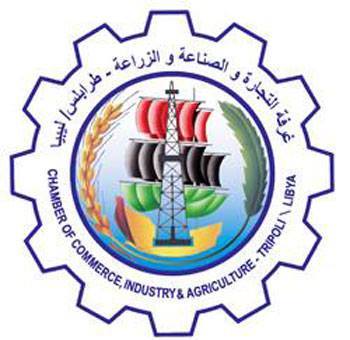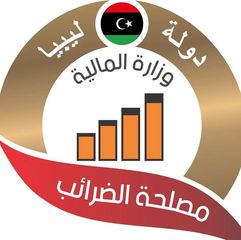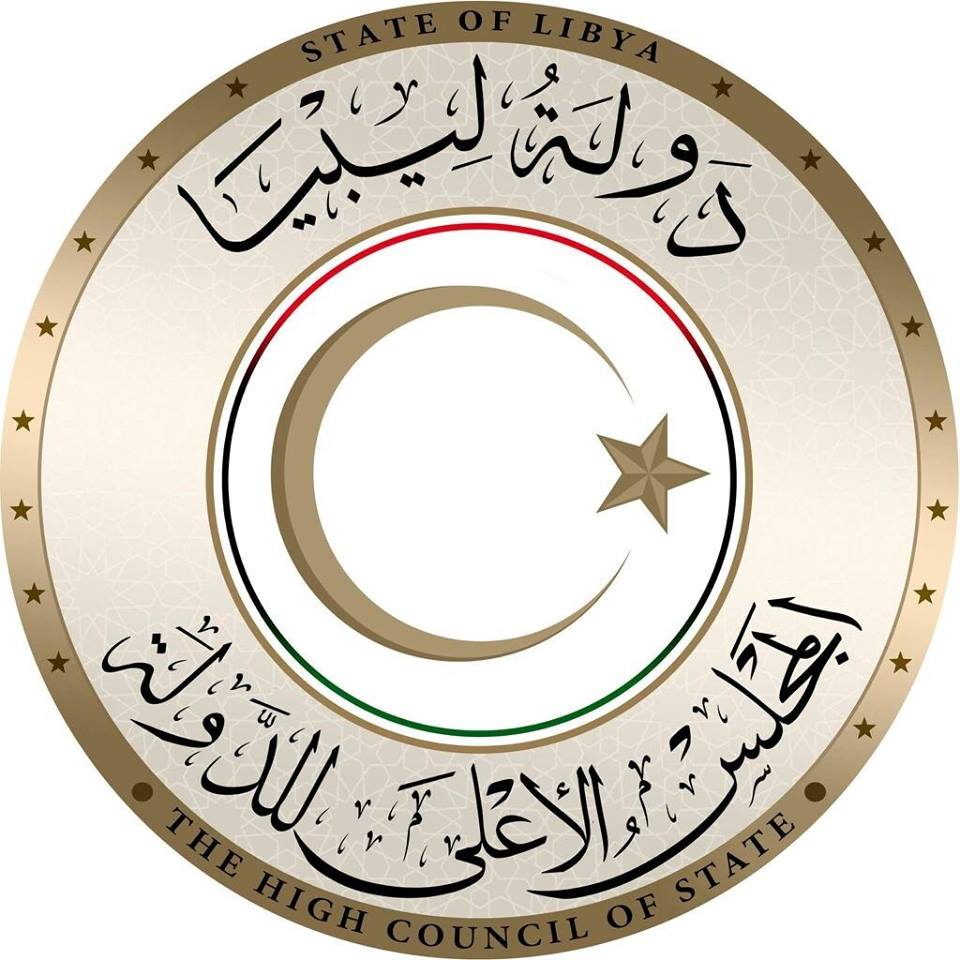As part of efforts to enhance coordination and integration between macroeconomic policies in Libya, the Governor of the Central Bank of Libya (CBL), Naji Issa, held an expanded meeting at the bank with the Tripoli based Libyan Minister of Economy and Trade, Mohamed Al-Hwej, in the presence of several relevant departments from both the CBL and the Ministry.
The CBL reported that the meeting focused on the importance of coordination with the Ministry of Economy and the Central Bank to implement a package of measures that support the Central Bank’s measures to regulate imports and the foreign exchange market. This will ensure the regulation of foreign trade and enhance the stability of the Libyan dinar against foreign currencies, especially considering the package of regulatory measures recently adopted by the CBL.
No imports above US$ 100,000 without bank transfer
The meeting emphasised the need to issue a decision prohibiting the import of goods from outside official banking channels, except for small traders, subject to a ceiling not exceeding $100,000, provided they provide proof of the source of funds.
No re-export of goods with foreign component exceeding 70 percent
The meeting also emphasized the need to prohibit the re-export of goods with a foreign component exceeding 70%, to preserve foreign exchange reserves. It was also agreed to launch a commodity tracking system to track the movement of imported goods from source to consumer, to be implemented in early November.
Implementation of HS goods classification code
The agreement also included the implementation of the advance system for classifying and categorizing goods (HS Code) and regulating market conditions in terms of prices and commodity specifications.
An HS (Harmonised System) code is an international standard for classifying goods, used globally for customs purposes to identify products and determine import duties and taxes.
Part of efforts to restructure the Libyan economy
The CBL said the meeting comes within the context of ongoing efforts to restructure the national economy and enhance the effectiveness of economic policy tools in line with the requirements of the current stage and the current challenges facing the Libyan economic environment.
.
CBL Governor Issa vows to end Libya’s liquidity crisis by 1 October
CBL to bring FX rate of dinar to less than LD 7 per US$: CBL Governor Issa










